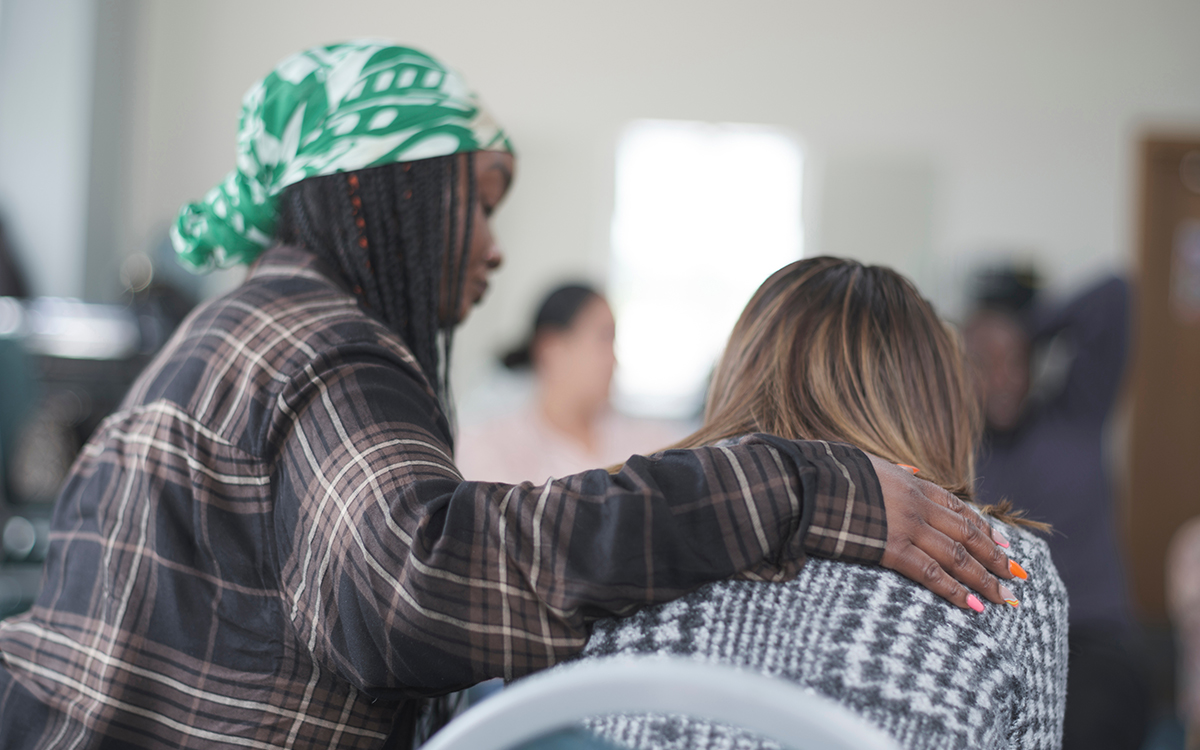The First 30 Days of Recovery: What to Expect, Feel, and Focus On

A New Chapter
The first month of recovery is one of the most important — and often the most challenging — phases of the healing journey. Whether you're beginning outpatient care at Coast Recovery or exploring the idea of treatment, it's normal to feel uncertain. What will change? What will stay the same? And how do you know if you're on the right path?
At Coast Recovery, we believe the first 30 days should be about more than just abstaining. It’s a time for learning, grounding, and connection. Here's what to expect, how to prepare, and where to focus your energy in your first month with us — or in recovery more broadly.
Week 1: Orientation & Stabilization
What to expect:
Your first week is all about getting settled, both physically and emotionally. For many, this includes navigating withdrawal symptoms, disrupted sleep, emotional ups and downs, and lingering anxiety. Even in outpatient care, the body and mind are still recalibrating.
At Coast Recovery:
You’ll begin with an initial intake assessment, meet your care team, and co-create your treatment plan. This might include individual therapy, group sessions, and optional somatic or holistic modalities. Our goal isn’t just to start treatment — it’s to help you feel safe, seen, and supported from day one.
What to Focus On:
- Show up, even if it's uncomfortable
- Let your guard down with your care team.
- Sleep, hydration, nutrition. Don’t underestimate the basics.
- Let go of needing all the answers right now.
Week 2: Emotions Surface
What to expect:
As the fog begins to lift, emotions that have been numbed or buried may come forward — grief, guilt, anger, fear. This can be confronting, especially if substances were used to avoid those very feelings.
At Coast Recovery:
Week 2 often includes deeper therapeutic work, like addressing core beliefs, trauma, or co-occurring mental health conditions. Group dynamics start to build, and clients often begin seeing reflections of themselves in others’ stories.
What to focus on:
- Practice emotional honesty. You don’t have to be “okay.”
- Journal your thoughts or track your mood between sessions.
- Learn to pause instead of react — one breath, one moment at a time.
- Lean into your support network, whether that’s peers, family, or group members.
Week 3: New Routines & Mental Clarity
What to expect:
By now, your mind is clearer, your body may feel stronger, and you’re likely beginning to see the value of structure. Some clients report improved sleep, sharper focus, and even subtle optimism — though these can be fragile gains.
At Coast Recovery:
This week often introduces more life-skills building and wellness programming — like movement, meditation, nutrition support, or creative expression. Clients might also revisit and revise their goals based on early insights.
What to focus on:
- Build a repeatable daily routine that includes care, rest, and movement.
- Explore tools for stress relief beyond substances.
- Be gentle with yourself when things feel unfamiliar — that’s growth.
- Celebrate small wins (like attending a group or completing a journal prompt).
Week 4: Integration & Insight
What to expect:
This is the week where many clients begin asking, “What’s next?” The urgency of early recovery may lessen — and with that can come both confidence and risk. Some feel strong and focused; others may begin to bargain or question whether they need “all this.”
At Coast Recovery:
We help clients reflect on the progress they’ve made, discuss relapse prevention, and begin outlining aftercare support. For some, it’s time to step down in intensity (e.g., from PHP to IOP); for others, it’s time to maintain momentum with continued therapy and community.
What to focus on:
- Revisit why you started this journey.
- Talk openly about any doubts or urges — without shame.
- Begin planning for what support will look like beyond these 30 days.
- Stay consistent, even when you feel “better.”
What to Remember in the First 30 Days
- Progress isn’t linear. You’ll have great days and hard ones — both are part of healing.
- You’re not alone. Every emotion you're feeling is valid and expected.
- Structure builds safety. The more consistent you are, the more secure you’ll feel.
- Trust the process. Even when it’s uncomfortable, you’re moving forward.
Final Thought: This Is the Beginning
The first 30 days of recovery aren’t about being perfect — they’re about showing up. Every honest conversation, every group you attend, every hard moment you face without running — it all counts.
Whether you're walking into your first session at Coast Recovery or simply considering what recovery might look like, know this: You're not starting over. You're starting from experience. And that matters.
Suggested Reads
Join Us on The Road to Recovery
If you’re curious whether outpatient recovery is the right fit, we’re here to help. Our team at Coast Recovery will meet you where you are — with no pressure, just real answers.



